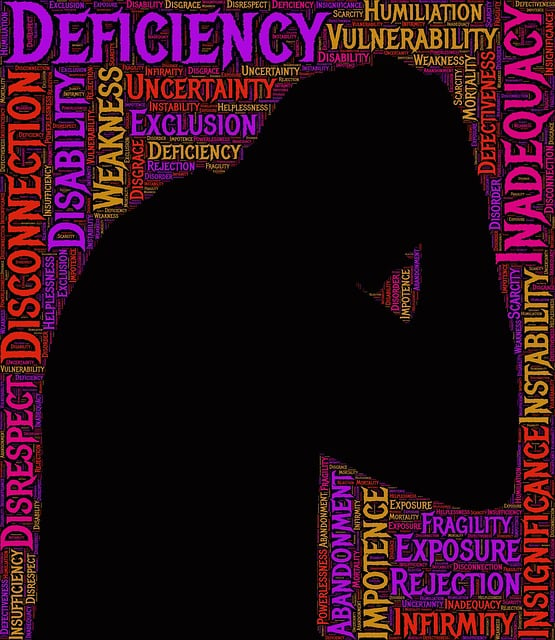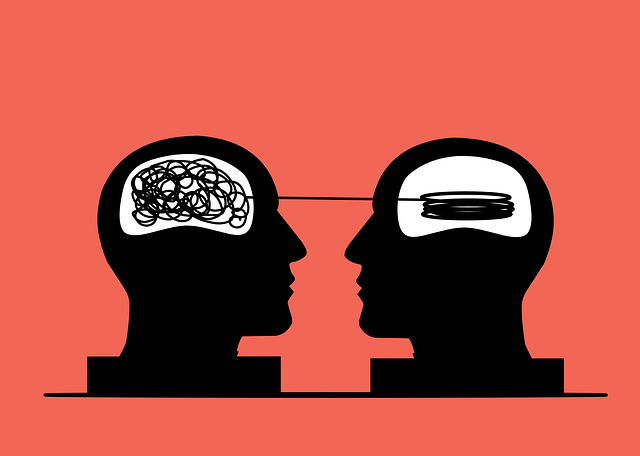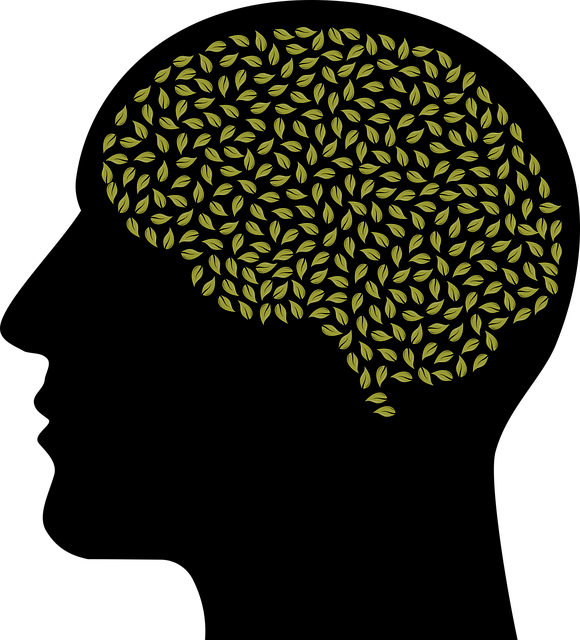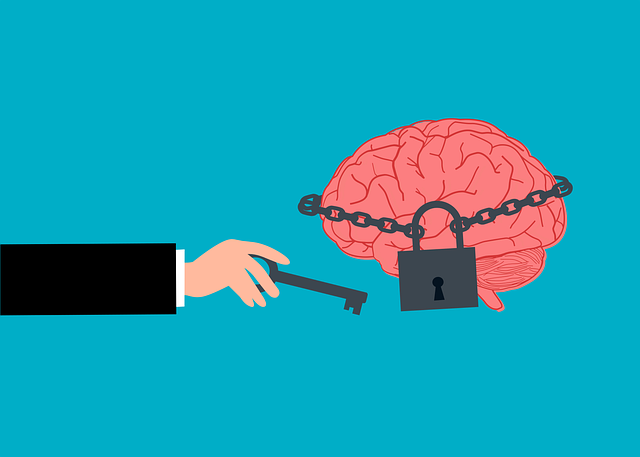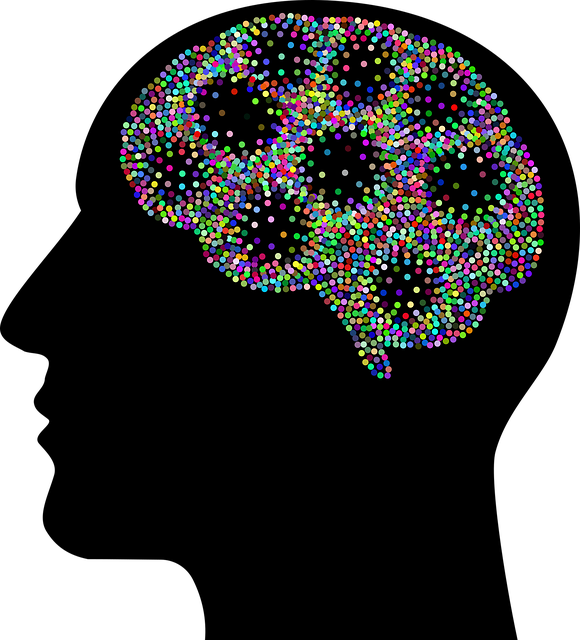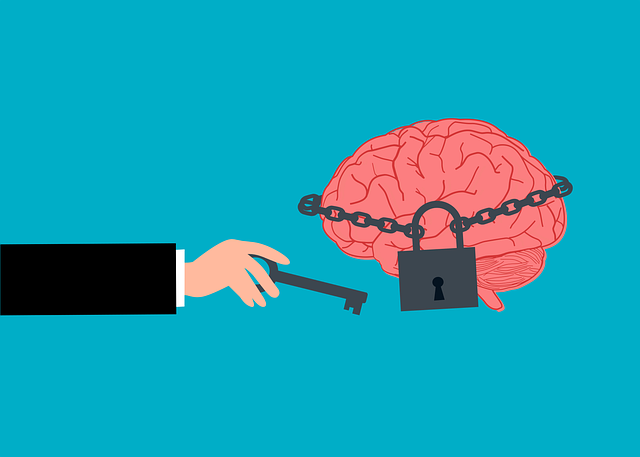Codependency significantly affects adults' relationships, self-esteem, and mental well-being. Effective therapy programs integrate CBT, mindfulness, art/music therapy, and stigma reduction to empower individuals with healthy boundaries, self-compassion, emotional awareness, and improved communication skills. These holistic approaches enhance coping mechanisms, stress management, and long-term mental health recovery for adults with codependency issues.
Mental health education programs play a pivotal role in addressing complex issues like codependency, which significantly impacts adults’ well-being. This article delves into the intricate design of such programs, focusing on codependency’s definition and effects. We explore evidence-based therapy techniques for effective treatment and highlight key components in program design. Additionally, we discuss promoting self-care to facilitate long-term recovery for adults struggling with codependency. By integrating these strategies, education programs can offer transformative therapy for affected individuals.
- Understanding Codependency: Defining the Issue and Its Impact on Adults
- Integrating Therapy Techniques for Effective Treatment
- Designing Comprehensive Education Programs: Key Components and Strategies
- Promoting Self-Care and Long-Term Recovery Through Program Implementation
Understanding Codependency: Defining the Issue and Its Impact on Adults

Codependency is a complex psychological phenomenon where an individual becomes overly reliant on others for validation and emotional support, often at their own expense. This issue can have profound effects on adults, shaping their relationships, self-esteem, and overall mental well-being. In essence, codependent individuals struggle to set healthy boundaries, assert their needs, and maintain a sense of independence due to an intense fear of abandonment or rejection.
Understanding the impact of codependency is crucial for designing effective therapy programs for adults. Through therapy, individuals can learn to cultivate resilience, a key component in overcoming codependency. Compassion cultivation practices and mindfulness meditation have proven to be powerful tools in building self-compassion, enhancing emotional awareness, and fostering healthier relationships. By participating in these therapeutic interventions, adults with codependency issues can develop the necessary skills to navigate their emotions, improve communication, and build supportive connections, ultimately leading to a more fulfilling and balanced life.
Integrating Therapy Techniques for Effective Treatment

In designing an effective mental health education program, integrating diverse therapy techniques is paramount to addressing the complex nature of adult codependency and other mental illnesses. Therapy for adults with codependency often requires a multifaceted approach that combines cognitive-behavioral therapy (CBT), mindfulness practices, and sometimes even art or music therapy. CBT helps individuals identify and challenge unhealthy thought patterns and behaviors, while mindfulness techniques enhance emotional intelligence and support mood management. By incorporating these evidence-based methods, programs can create an inclusive environment where participants feel empowered to take charge of their mental well-being.
Moreover, Mental Illness Stigma Reduction Efforts should be at the core of any comprehensive program design. Educating individuals about various mental health conditions fosters empathy and understanding, breaking down barriers and promoting early intervention. Incorporating sessions that discuss emotional intelligence not only helps participants recognize and manage their emotions but also encourages them to offer support to peers, creating a sense of community within the program and extending beyond it.
Designing Comprehensive Education Programs: Key Components and Strategies

Effective mental health education programs are designed to be holistic and comprehensive, addressing various aspects of an individual’s well-being. When crafting such programs, it’s crucial to incorporate key components that cater to diverse learning needs. One of the fundamental elements is integrating therapy for adults with codependency issues, focusing on evidence-based practices like cognitive-behavioral therapy (CBT) and mindfulness techniques. These therapeutic approaches empower individuals to develop healthy coping mechanisms, enhance self-esteem improvement, and break free from harmful relationship dynamics.
Additionally, successful education programs emphasize practical strategies for stress management workshops within organizations. By teaching employees and students evidence-based methods to manage workplace or academic stressors, these initiatives contribute to improved mental health outcomes. Equally important is the role of mental health policy analysis and advocacy; understanding and influencing mental health policies can create systemic changes, ensuring better access to resources and services for those in need.
Promoting Self-Care and Long-Term Recovery Through Program Implementation

In designing a mental health education program aimed at promoting self-care and long-term recovery, particularly for adults struggling with codependency, it’s crucial to incorporate strategies that foster inner strength development. By integrating therapeutic techniques such as cognitive-behavioral therapy (CBT) and mindfulness practices, participants can learn to identify and manage their emotional triggers effectively. This equips them with the tools needed to practice self-care consistently, which is vital for maintaining mental health in the long term.
Cultural sensitivity in mental healthcare practice plays a significant role in ensuring that the program resonates with diverse populations. Recognizing and addressing individual cultural backgrounds helps create an inclusive environment where everyone feels validated and supported. Additionally, incorporating mood management techniques tailored to different needs and preferences can enhance engagement and adherence to the program. Through these comprehensive approaches, the program not only facilitates short-term relief but also empowers individuals to navigate their mental health journeys with resilience and self-compassion.
Mental health education programs play a pivotal role in addressing codependency, offering crucial tools for adults seeking therapy. By integrating various therapeutic techniques and designing comprehensive curricula, these programs can empower individuals to foster self-care and achieve long-term recovery. Understanding codependency’s impact and implementing effective strategies are essential steps towards revolutionizing mental health support, ensuring a brighter and healthier future for those struggling with this complex issue.
